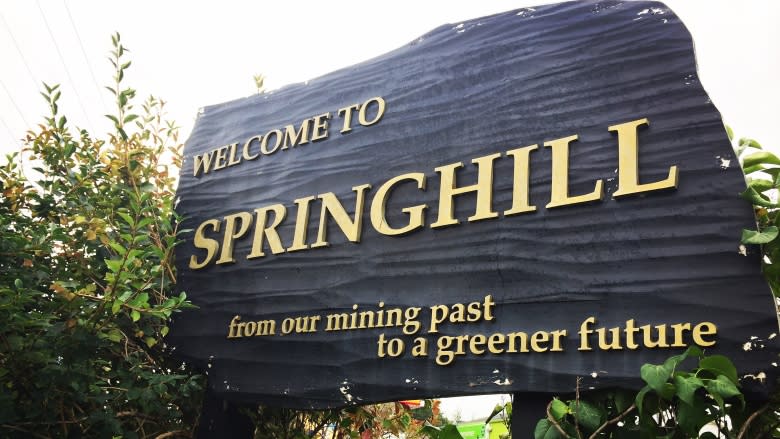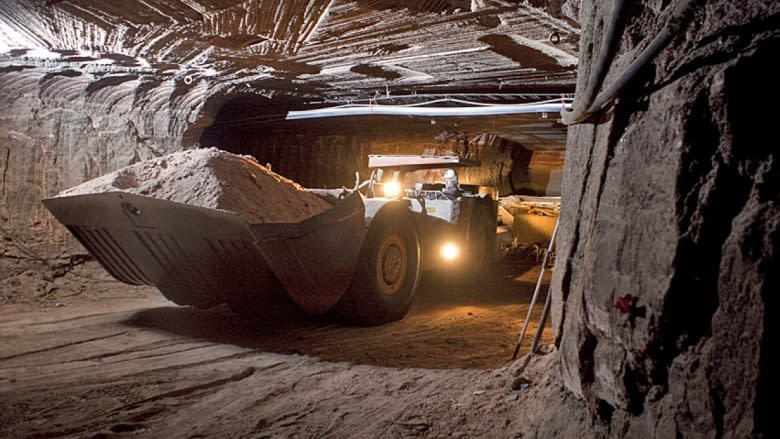What Sussex can learn from Springhill: geothermal heats up
As Sussex examines whether the now-flooded Penobsquis mine can be used as a source of geothermal energy, Ray Hickey, the chief operating officer of the Cumberland Energy Authority, says the town could learn from the example of Springhill, N.S.
Springhill, a former coal mining community, nearly went under after the resource dried up in the 1970s. The flooded former mines now contain as much as 4,000,000 cubic metres of water, which is recovered at the surface at a temperature of about 18°C.
First studied in the '80s
In 1985, the town conducted its first feasibility study on using that water as a geothermal energy source.
By the mid-1990s, eight local companies, including a plastics manufacturing company, a boiler-maker, Surette Battery Ltd. and the local Pizza Delight were using the geothermal resource.
Today, that number has grown to some 50 homes and businesses, with a "tremendous appetite" in the town for further expansion into the residential market, according to Hickey.
That water is tapped, passed through a heat pump system, and used for heating and cooling.
"If you talk to people in the community about it, they view it as the future," he said. "It's affordable energy that can help with business. The amount of energy that you put in to get the heat out is dramatically reduced."
A business or home "can be anywhere from a short distance to a long distance, depending on the mine," Hickey said.
Lower costs, fossil fuel consumption
Hickey said the energy cost savings provide businesses with an extra incentive to relocate to the community.
"We're in talks with a number of businesses that are looking at it as a reason to locate there," Hickey said. "If you have large heating costs, and you can reduce them by a significant amount, that presents a tremendous competitive advantage."
Also compelling, Hickey said, is that "you're not using any fossil fuels other than the electricity to run the pumps" — which means the price of electricity isn't subject to the same market fluctuations as fossil fuels.
The County of Cumberland owns a mineral rights lease on the geothermal resource. The municipality is in talks with the Atlantic Canada Opportunities Agency and communities across the country to determine how best to harness and develop the resource.
"We've even talked about creating a geothermal centre of excellence, where people can train for it at the Nova Scotia Community College," Hickey said.
As for the potential for mine shaft geothermal in Sussex, Hickey said the first step is to conduct a study into the temperature, volume and accessibility of the water.
"Green energy is the future," he said. "So it's potentially a real opportunity for them."




